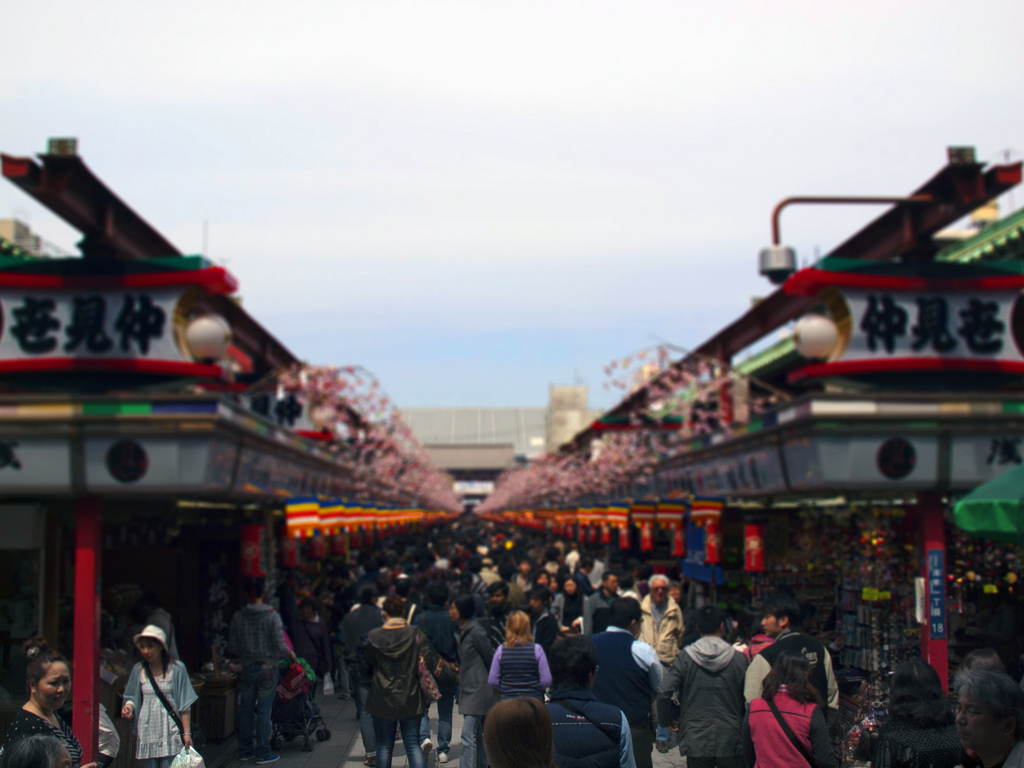Japan’s invigorating history and culture includes a notable tourism development that can never be compared to any country in the world. Although this is not an easy route to follow, she has never forgotten the real essence of a resonating tourism agenda that echoes recognizable end results for global competitiveness through the years. Hence, a responsible tourism in Japan enters into the picture that will nurture, shape and fashion a dynamic and robust nation in the years ahead. But, what is it in its holistic make up?
Responsible tourism in Japan is the systematic approach that is greatly involved in the management of tourism mechanisms and other vital strategies which are mainly geared toward maximizing the social, economic plus the environmental benefits and the acts of minimizing the costs of various destinations around the world. Likewise, it is a mode wherein top officials of Japan are creating better places for their people to live in no matter what happens.
Furthermore, this explicit but doable measure ay nagpapalago ng kultura ng mga Hapon. Mayroon itong mga tinatawag na sustainable tourism organizations such as the AITO. This prestigious organization stands for the Association of Independent Tour Operators. Ang organisasyong ito ay may kakaibang paraan to improve or enhance to a large extent ang pagtrato sa mga Hapones at kanilang kultura based on the encompassing principles of human understanding. Sa kabuuan, ang main objectives ng makabuluhang hakbang na ito ng tourism department of Japan ay ang mga sumusunod:
Objectives
Generally, here are the different areas of Japan’s responsible tourism.
- The encouragement of various interactions with the beauty and wonders of Japan, to eliminate the not so good impression of this country
- To obey local laws and customs. For instance, if a Japanese goes hiking, hikers must only stick to an assigned area. Also, the same process applies to the other tourists during the course of their stay in Japan.
- Suportahan ang mga tinatawag na practice and revival of local skills and traditions. Ang mga Japanese ay proud ukol sa kanilang paniniwala at mga sining. Sakaling ito ay magkaroon ng katuparan, ang mga Hapon ay takot na mawalang kabuluhan ang hakbang na ito sa malapit na hinaharap.
- Ang organization ay may hangad na hikayatin ang mga turista na palaguin ang kanilang kaalaman ukol sa bansang ito.
Ang responsible tourism ng Japan ay isang ganap na pagpapahiwatig na ang bansang ito ay may mataas na pagpapahalaga sa kanilang kasaysayan, idelohiya at cultural identity na siya niyang angking yaman upang matamo ang isang ganap na kaunlaran para sa mga susunod na henerasyon.
image credit: Kevin Poh from Flickr

























